[ad_1]
It’s not every day that you can get a free AAA game like GTA 5, Batman Arkham Knight or Star Wars Battlefront II, but thanks to weekly Epic Games Store giveaways, gamers’ libraries are bursting with great titles. And alongside the big-budget games are critically acclaimed indie titles like Superhot, Hyper Light Drifter, Limbo and The Messenger, presenting plenty of high-quality gaming at a price that’s hard to beat.
The Epic Games Store isn’t the only one giving stuff away. IndieGala offers free games regularly, as does the Humble Store and GOG. While free games are always hard to turn down, we have to ask how this is a valid business strategy for these platforms? And should gamers worry?
“Launching and operating a digital game store is not for the faint of heart,” said Lewis Ward, Director of Gaming, eSports and VR/AR at IDC. “It takes years of commitment and deep pockets.”
Topping the Establishment
When it comes to PC gaming, there is a pretty big player to compete with: Steam.
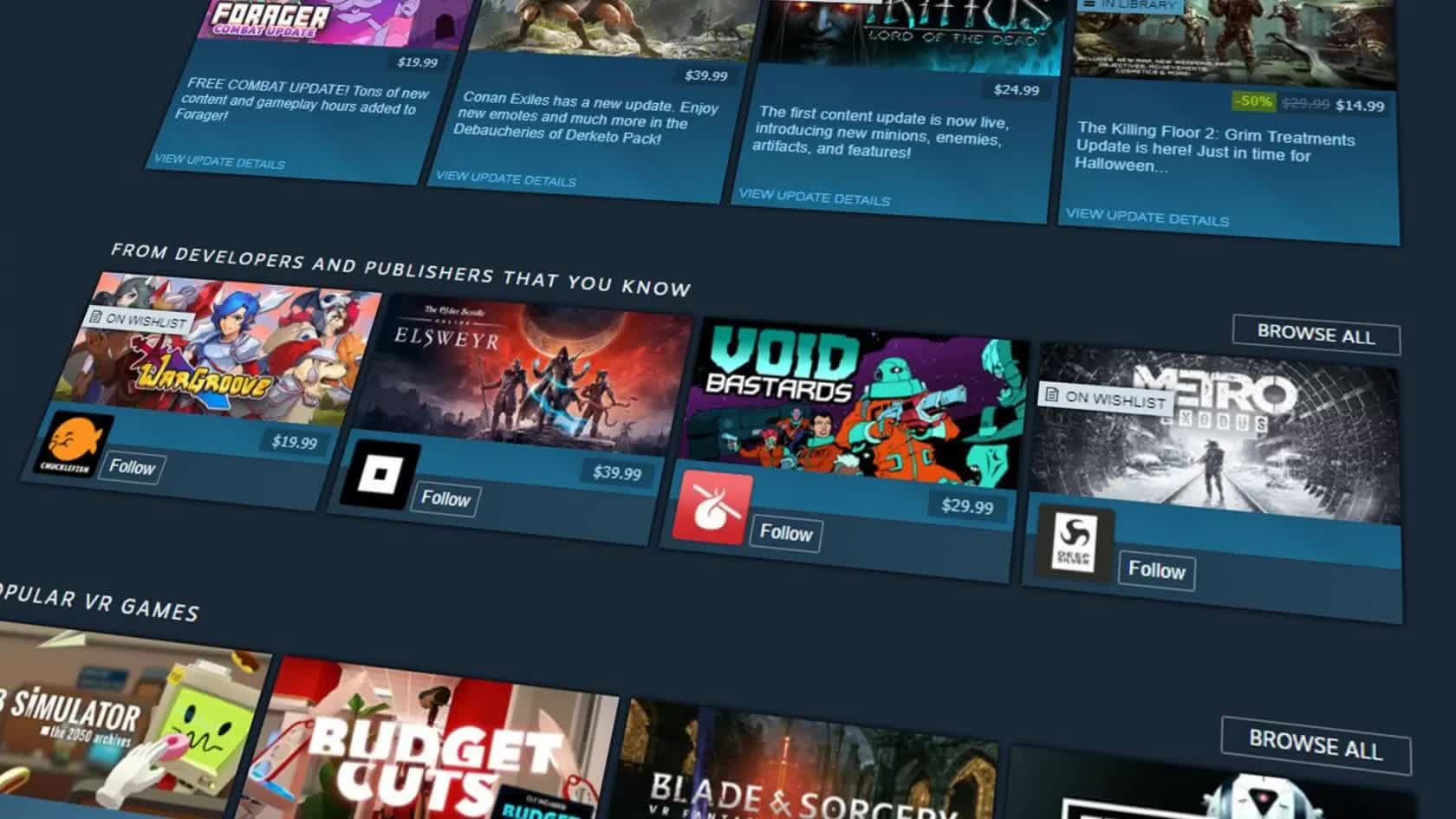
“Steam debuted in 2003 and so they’ve established a long track record of doing right by PC gamers,” said Ward. “Obviously it doesn’t hurt that DOTA 2 and other Valve games and franchises like Counter Strike: Global Offensive, Half-Life and Left 4 Dead have been massive, often exclusive hits over the years.”
Steam isn’t giving up many free games because they don’t have to buy new users to its platform. By now, every PC gamer practically assumes that a game will be available on Valve’s platform. Over the years, Steam gained new features like community pages, friends lists, support for mods and even remote play.
“Valve really listens to its users and while the company isn’t perfect, it’s made a lot of smart decisions, and it doesn’t hurt that Gabe is a bit of an iconoclast,” said Ward. “In recent years, the unofficial Steam store in China has also been a huge hit and helped propel Steam’s worldwide growth in users (although the revenue stream from China isn’t as large as the Chinese user base suggests).”
Getting Gamers On Board
To compete with the giant that is Steam, Epic has to get the gamer’s attention.

“If you’re going to challenge an established and respected incumbent like Steam, you’ve got to do something that’s going to bring over developers and gamers to your store that’s out of the ordinary,” explained Ward.
“Obviously Epic has been able to do that so far, and the result is that they’ve had to bite the bullet on turning a profit in terms of the store itself.”
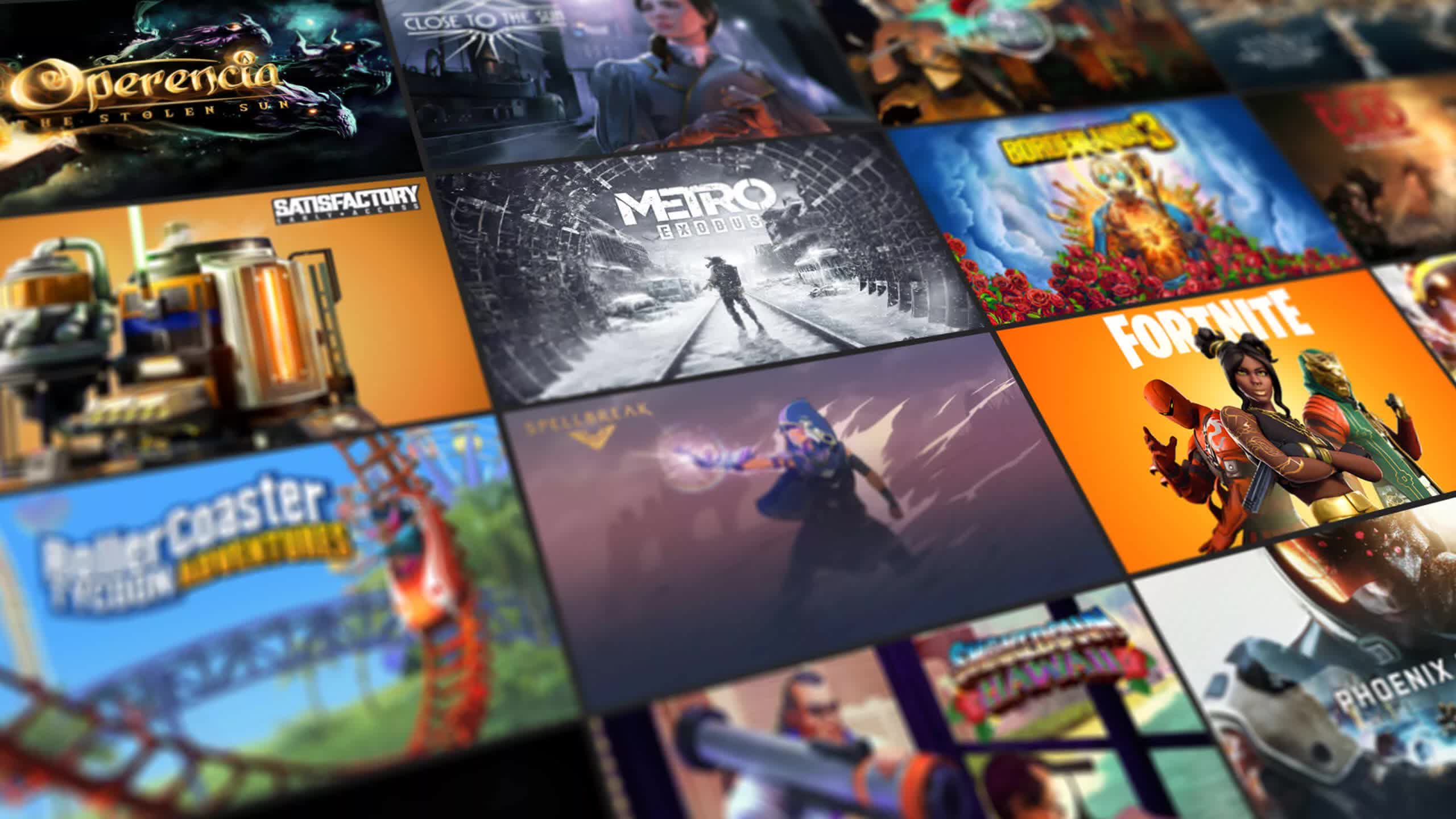
“Epic is basically buying market share through free/discounted games and its low (12%) revenue cut on store sales,” he added. If a game developer uses the Unreal Engine (made by Epic Games) they will also cover the 5 percent engine royalty for sales on the Epic Games store.
In comparison, Valve has a tiered system for revenue cuts, taking 30% when the game launches, then taking 25% after the game has earned $10 million, and then 20% when the game earns over $50 million.
Absorbing Costs
While it looks like Epic is leaving a lot of money behind (and offering plenty for developers using its platform) they seem to have plenty to cover their costs.
Don’t forget, Epic also has Fortnite bringing in millions of users, with PC gamers having to use their store to download and launch the game. It also brings in a lot of revenue for the company through microtransactions and other purchases.
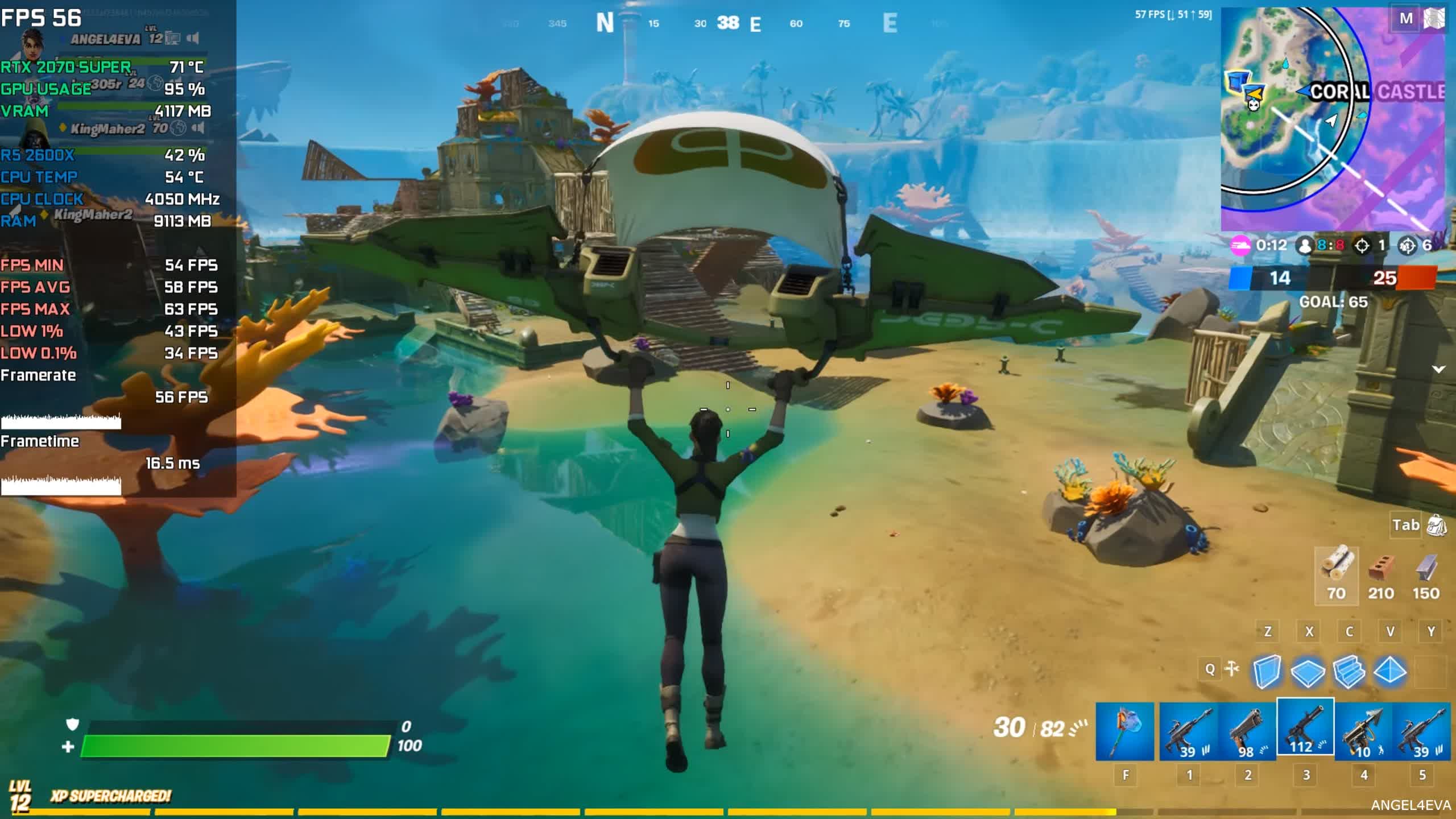
For subscription services like Xbox Live Gold and PlayStation Plus, the included games add up and help keep gamers using the service.
“Like Netflix and so on, the goal is to get max eyeballs and hours of use, and the assumption is that will translate into low churn rates over time, which is critical to running a profitable subscription service… or even a free-to-play game,” said Ward.
The attention is growing. Epic Games says that the monthly average active users on the store are 56 million, and though that is a far cry from Steam’s 120 million active monthly users, it is a big jump from 2019’s average of 32 million.
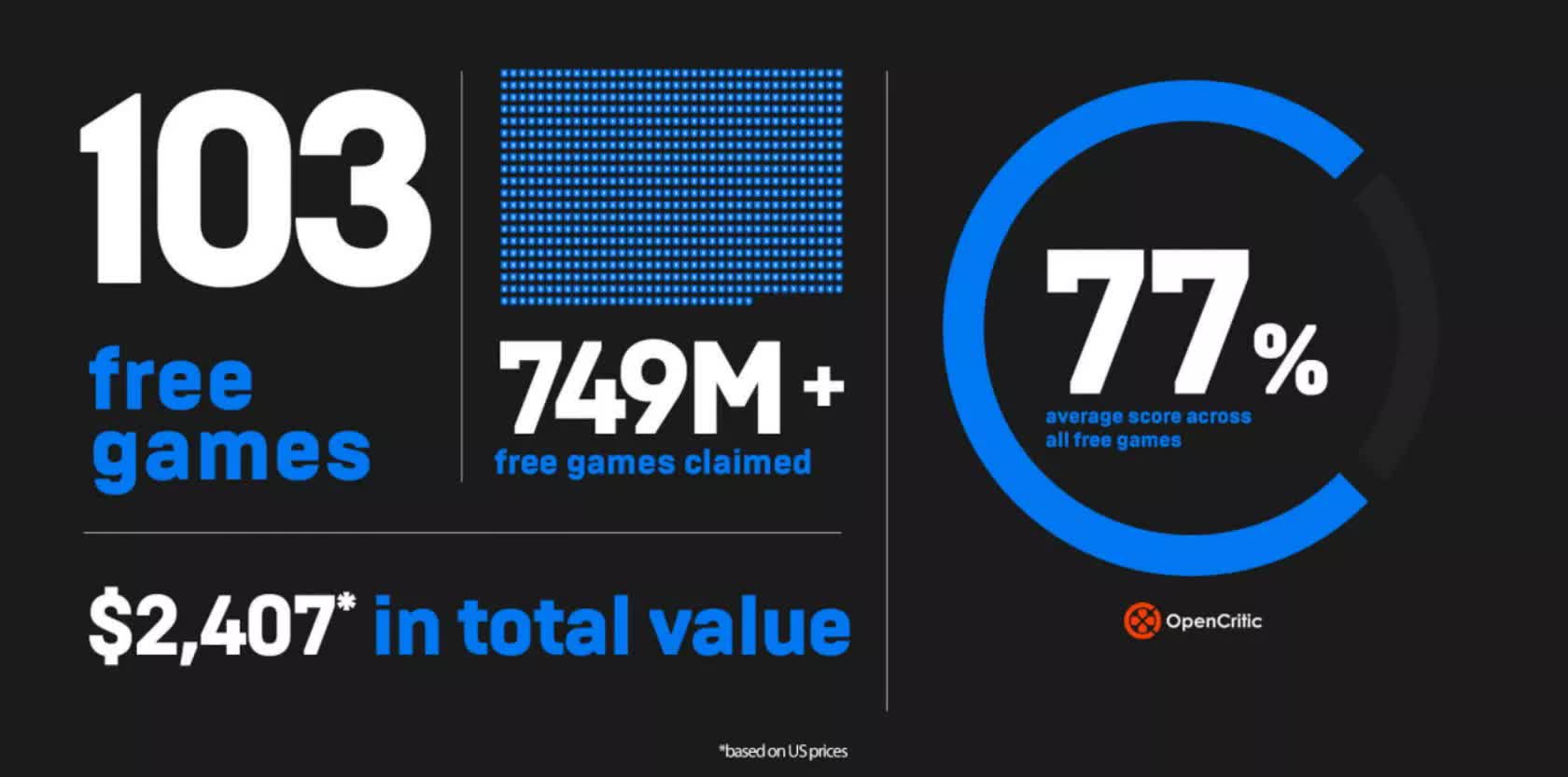
Epic Games reported sales revenue of $700 million in 2020, of which about $265 million was spent on third-party games. The catalogue of games offered in the Epic Games Store also increased from 190 titles in 2019 to 471 by 2021. Clearly, Epic is focusing on getting gamers on its platform, while games like Fortnite and Rocket League are making them money.
The Epic Games Store gave away 749 million free games last year.
However, when it comes to free games, the publisher boasts that 749 million free games were claimed last year, the most popular of which was GTA V which was so popular it briefly crashed the store’s servers.
Is there mutual growth? While Epic grows its user base and can boast growing numbers every year thanks to these giveaways, gamers are growing their libraries, although it’s important to highlight the quality of the games Epic hands out. According to OpenCritic, the games have an average score of 77 percent, which isn’t too shabby.
What’s in it for Developers?
A discussion of game freebies wouldn’t be complete without a look at how it impacts third-party developers. When a company like Epic Games decides to make one of the games in its library free, it pays the developer of that game as well, although the details of that deal aren’t disclosed publicly. It’s likely a lump-sum payment, based on an interview with Ars Technica back in 2019.
The free game promo may help bring attention to a new game a particular studio is working on. For example, the Epic Games Store offered Borderlands 2 and Overcooked, and both games have sequels for sale on the platform, so for games that enjoyed those games, they can continue the story or get more content with the newer titles. Additionally, developers featured in the giveaways can get new fans, leading to potentially more sales of other games.
Platform Wars and Exclusivity
When you look at console gaming, one of the biggest factors in choosing a platform is the quality of the exclusive games. This platform exclusivity is finding itself on PC platforms through these digital storefronts.
Some exclusives are offered as timed releases, coming to Epic’s store before arriving on other platforms, encouraging impatient gamers to be a part of Epic’s platform over another. Some of these gamers were pretty popular and high profile, including Metro Exodus, Borderlands 3, Control, The Outer Worlds, and Hades.
Another approach is to share exclusivity, as Ubisoft does. The latest Ubisoft games have been released on its own store (Ubisoft Connect) and the Epic Games Store, but not Steam. A significant investor in Epic Games, Tencent, also owns Riot Games (developer of League of Legends and Valorant) and invests in Ubisoft, connecting the threads.
In the past, Epic had said it wouldn’t chase exclusivity deals (and free games) forever, suggesting the strategy is just one more way for them to get more users on its platform.
As they build the user base, Epic is reiterating its commitment to developers. “Continuing to improve our publishing tools has provided the opportunity to bring more games to the Epic Games Store in 2020 and as we march toward complete self-publishing tools, we expect to see even more new titles published,” the publisher said in a press release earlier this year. “We want a smooth, seamless experience for developers looking to bring their titles to the Epic Games Store.
This unlocks the ability for Epic Games Store customers to purchase the games they want when they want while developers enjoy a much fairer revenue share split.”
Skeptical or Satisfied Gamers?
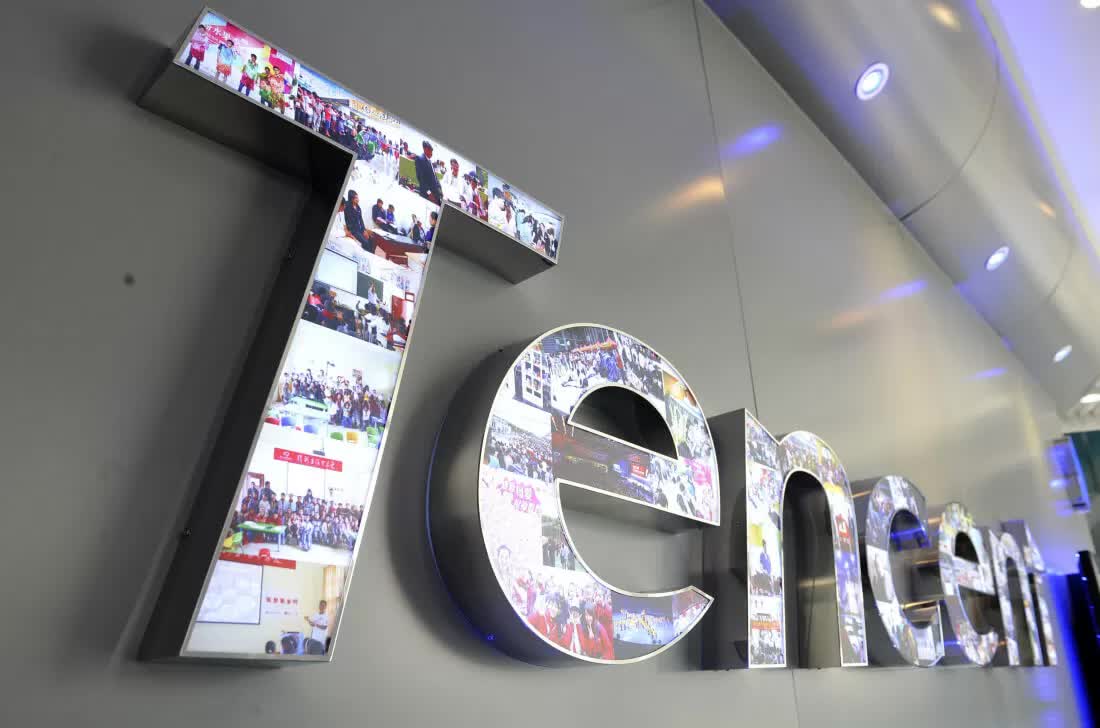
For now, the competition between Steam and Epic has gamers expanding their libraries at no extra cost, but some aren’t convinced. A major point of concern is the significant investments by the Chinese company Tencent which owns a 40 percent stake in Epic Games. With increasing anti-Chinese sentiment and distrust around the world, there are worries about data sharing and spying, not to mention a lack of control over what Epic Games does in the future. Epic has stated that Tencent doesn’t have access to their private data or have any say in how Epic operates.
In the end, the free games are a tool to grow its user base, letting Epic Games attract more developers to its platform. It’s just one part of the strategy in competing with Steam, but as analysts pointed out, it takes significant commitments in terms of time and money.
Gamers also have to be convinced, as the Epic Games Store’s exclusives and lack of features make it seem less consumer-friendly than its long-time rival, Steam. Other stores offer games without any digital rights management, another important factor for gamers. Time will tell if it all adds up for Epic, but the growth is certainly telling, with free games proving to be an integral part of the puzzle.
[ad_2]
Source link